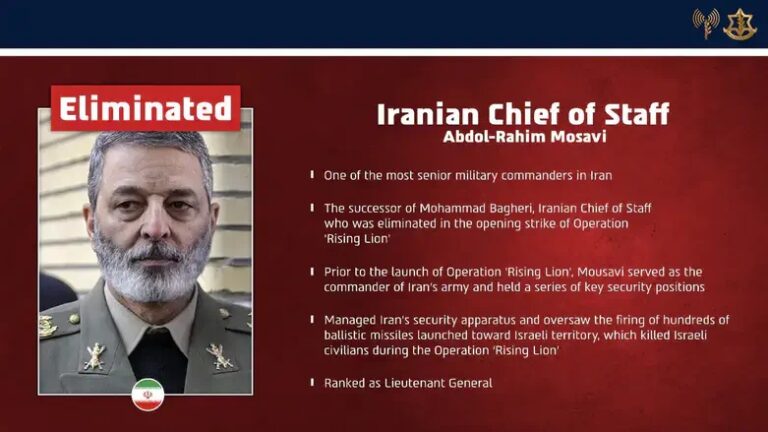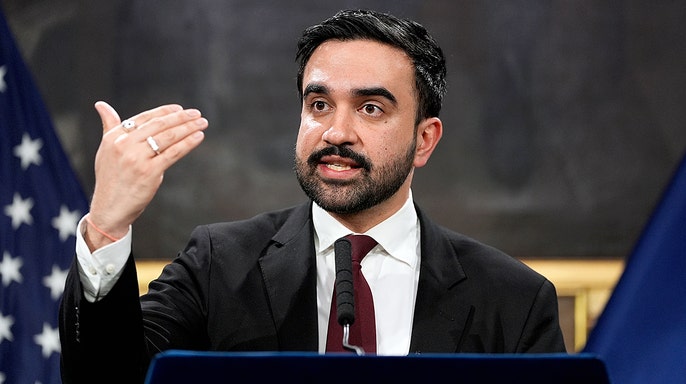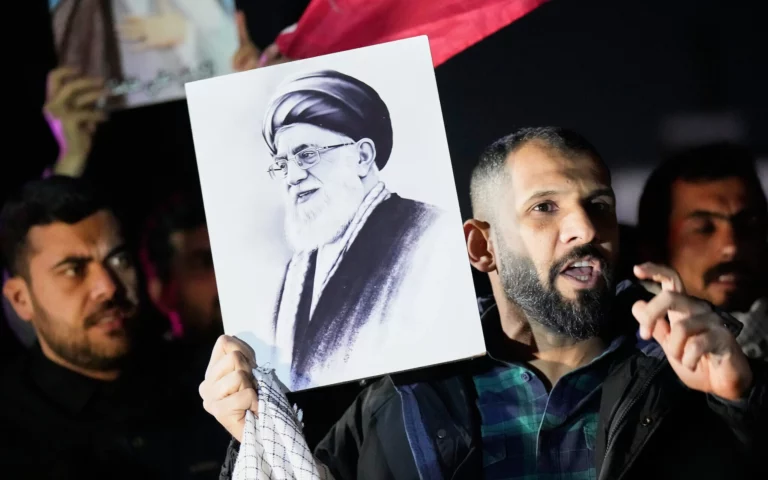 During a meeting on 18 Adar II 5774 with Danish Minister of Food, Agriculture and Fisheries Dan Jorgensen at his office in Copenhagen, a delegation of European Muslim and Jewish leaders informed Jorgensen that his edict last month banning kosher and halal slaughtering is doing grave damage to the image of Denmark in Europe and the United States and should be rescinded as soon as possible.
During a meeting on 18 Adar II 5774 with Danish Minister of Food, Agriculture and Fisheries Dan Jorgensen at his office in Copenhagen, a delegation of European Muslim and Jewish leaders informed Jorgensen that his edict last month banning kosher and halal slaughtering is doing grave damage to the image of Denmark in Europe and the United States and should be rescinded as soon as possible.
Rabbi Marc Schneier, President of the Foundation for Ethnic Understanding (FFEU) announced that participants in the delegation came from the United Kingdom, France, Belgium, Germany and Denmark itself under the aegis of the New York-based Foundation for Ethnic Understanding (FFEU) and its affiliate, Gathering of European Muslim and Jewish Leaders (GEMJL) (see list of participants in the delegation below). Rabbi Schneier said “the Foundation for Ethnic Understanding will be vigilant in fighting this injustice to the Muslim and Jewish communities.”
Responding to an assurance from Jorgensen that he had been misquoted in the media for allegedly having said, “Animal rights come before religion” at the time that he promulgated the ban on kosher and halal slaughtering last month, Muslim-Jewish delegation participant Alexander Goldberg, Jewish Chaplain at the University of Surrey in the UK, stated, “We will judge you not by your words, but by your actions. So far, those actions show that you indeed put animal rights before religious rights.”
Jorgensen told the delegation that the decision to ban slaughter without prior stunning of the animal was not something he initiated on his own, but rather the Danish government carrying out a directive of the European Union, of which Denmark is a member. However, Samia Hathroubi, FFEU European coordinator and a delegation member from France, pointed out that the EU allows exceptions to this directive to religious communities such as Muslims and Jews, whose ritual slaughtering practices proscribe stunning, and countries like France and Belgium have specifically sanctioned such exceptions. Delegation members pointed out that Muslims and Jews worldwide believe that their respective venerable practices of ritual slaughter are performed in a manner that ensures that the animal suffers the least possible pain during slaughtering.
Jorgensen stressed that while he stands by his ban on kosher and halal slaughtering in Denmark, he will allow the Danish Jewish and Muslim communities to continue to import kosher and halal meat products. Jorgensen told the delegation that he has sought to prevent debate on the issue from moving to the streets of Denmark, because if it were to do so most Danes would support a no exceptions ban on the consumption of meat butchered according to kosher and halal slaughtering techniques because of widespread anti-Muslim sentiment in the country. Members of the delegation responded by promulgating the ban the Danish government is essentially giving support to anti-Muslim and anti-Jewish bigots by validating their argument that kosher and halal slaughtering techniques are inhumane.
Goldberg informed Jorgensen that he recently met with a top aide to U.S. Secretary of State John Kerry, who told him that Kerry recently expressed concern that the Danish decision to ban kosher slaughtering, together with similar acts by other European countries raises concerns as to whether Jewish life in Europe will be sustainable going forward. Delegation members reported that there is grave concern among Muslims and Jews across the continent that the Danish ban will trigger a domino effect that will force Muslims and Jews to leave Europe.
According to Chief Rabbi of Strasbourg Rene Gutman, “We forcefully made the point to the Minister that Denmark, a country known as been a champion of human rights and religious freedom going back to the successful evacuation of Danish Jews to Sweden during the Nazi occupation, will now be known as a country that prevents its Muslim and Jewish citizens from practicing fundamental precepts of their faiths unhindered.” Afzal Khan, former Lord Mayor of Manchester and co-founder of the Muslim-Jewish Forum of Greater Manchester, remarked, “We made clear to Minister Jorgensen that we will continue our campaign of international pressure on Denmark until it realizes the great hurt it is causing Muslims and Jews at home and worldwide, and rescinds this ruinous policy.”
Participants in the Muslim-Jewish delegation that met with Minister Jorgensen included:
1. Chief Rabbi of Brussels Albert Guigui (Belgium)
2. Afzal Khan, former Lord Mayor of Manchester and co-founder of the Muslim-Jewish Forum of Greater Manchester (UK)
3. Chief Rabbi of Strasbourg, Rene Gutman (France)
4. Samia Hathroubi, FFEU European Coordinator (France)
5. Alexander Goldberg, Jewish Chaplain, University of Surrey (UK)
6. Moussa Al-Hassan Diaw, director, Department of Islamic Theology, University of Osnabruck, (Germany)
7. Chief Rabbi of Denmark Bent Lexner
8. Kamran Shah, Religious Advisor to the Islamic Community of Denmark
(YWN – Israel Desk, Jerusalem)











7 Responses
On most religious matters, at least in western countries, Jews and Muslims are closer to each other than to any other religious group. But for the unpleasantries in the Middle East, we are natural allies. And with Israeli hareidim increasingly willing to be open about their rejection of zionism, their will be many new opportunities for increased cooperation.
#1 akuperma,
Let me know how that dimni status works out for you in that fantasy of yours…
No autonomous government allowed under your halacha, the same way you claim the zionists should not be able to rule.
First, note that I said “in western countries”, where both Jews and Muslims are minorities. The article wasn’t addressing the situation in a state with a Muslim, or Jewish, majority.
Second, how is dimhi status worse than what now prevails in Eretz Yisrael? The important thing for frum Jews is to be able to be frum, to educate our children in our traditions, to be free to do mitsvos which means not serving in anyone else’s army (in in the dimmi system, Jews were banned from serving in the army). Being a second class citizen under the Muslims is preferable to being the object of persecution in a fanatically secular zionist state.
Mr Schneier is an Ocher Yisroel who just wants publicity
Schneier has been defending the idea of Sharia Law
“in in the dimmi system, Jews were banned from serving in the army”
Not entirely true. Jews served in the Ottoman Empire’s army during World War I; one example was Moshe Sharett, who would become Medinat Yisrael’s second prime minister. Shmuel HaNagid was also a general in a Muslim army in Span in the 11th century.
#6- The Ottoman Empire abandonned the “Dimmi” system before World War I and decided that everyone is the Empire would henceforth be “equal” (though it turned out Turkish Muslims were a lot more equal than others). The attempts to conscript others such as Jews, Greeks and Arabs backfired horribly – since most of the non-Turks in the Empire were highly motivated to not only dodge the draft but to openly rebel, and it was finally the Arabs who played a key role in bringing down the Empire.
It isn’t clear if Shmuel ha-Naggid was a “general” in the sense of a professional soldier commanding troops, as much as the ranking politician who had the ruler’s ear who was “de facto” running things.